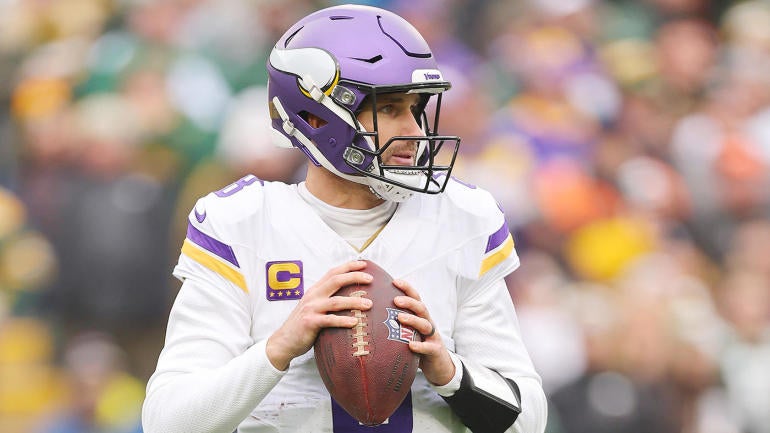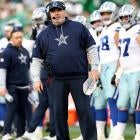
If Minnesota Vikings coach Kevin O'Connell gets his way, Kirk Cousins will be back with the team next season. Cousins is a free agent this offseason after playing out the final season of his two-year, $66 million contract extension, and O'Connell wants the team to bring him back despite the 35-year-old having suffered a torn Achilles this past season.
"Kirk Cousins knows how I feel about him. I've held no secrets there. He knows how the Minnesota Vikings feel about him. I believe Kirk wants to be a Viking, and we're going to work to try to make that the outcome," O'Connell said, according to Pro Football Talk.
"I think anytime you go into situations like this, it is a negotiation, and we're trying to come to an agreement that works for both sides, as we not only build our football team for 2024, but we're trying to do some things to help us sustain for the future as well. ... I feel like we're heading toward a good place with Kirk, but like we've seen, free agency and the uncertainties for this time of year, you've got to be ready in a leadership role to have contingency plans and adjust on the fly."
There are a number of teams that could get in the mix for Cousins in free agency, as quarterback-needy squads like the Commanders (this one seems unlikely given Cousins' history with the franchise and the fact that Washington owns the No. 2 overall pick in the draft), Raiders, Falcons, Steelers, Broncos and Patriots, among others, could come calling. Minnesota has a decent amount of cap space to work with ($35.8 million, according to Over the Cap) and could generate even more by getting an extension done with star wide receiver Justin Jefferson.
Cousins will be 36 years old by the time next season starts, and he is coming off of a major injury. It's unlikely that he's going to be the Vikings' long-term answer under center, but if they can work out a short-term deal with him that allows him to remain the starter while they get someone ready to eventually take over, that would seemingly benefit both sides.


















